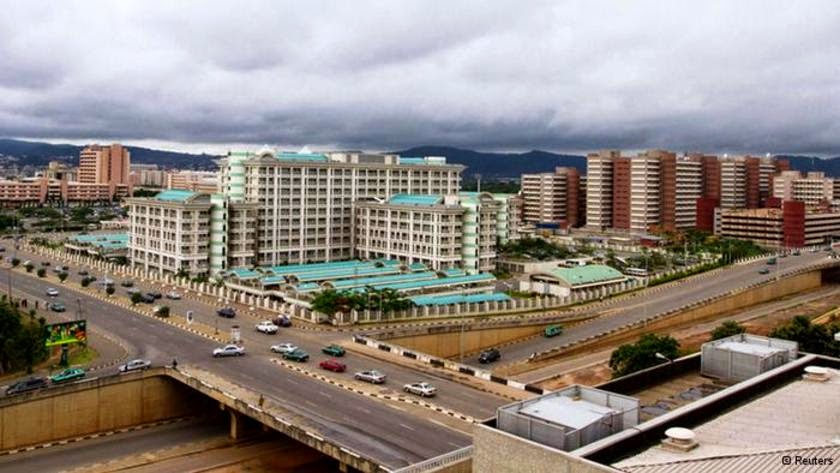The Nigerian Copyright Commission (NCC) says Nigeria has won the bid to host the first Africa Regional Office of the World Intellectual Property Organisation (WIPO).
The Director General of the Commission, Mr Afam Ezekude, disclosed this in a statement made available to the News Agency of Nigeria in Abuja.
According to him, Nigeria alongside Algeria emerged winners by 33 and 29 votes respectively through an intra-African election process held at WIPO headquarters in Geneva, Switzerland.
“Nigeria and Algeria emerged successful in the selection process as host nations for the Africa Regional Offices of WIPO.
“This was as a result of the decision taken at the 55 series of meetings of the Assemblies of the member states of WIPO.
“It was decided that priority should be given to Africa with respect to the issue of new WIPO External Offices during the 2016/17 biennium,” Ezekude said.
He explained that Nigeria and Algeria were named winners amid other countries which include Cote d’voire, Egypt, Ethiopia, Kenya, Morocco and Rwanda, which indicated interest to host WIPO offices in Africa.
He said that the two offices were to be established in the two countries within the 2016/17 WIPO biennium.
The D-G said that Nigeria was recorded to be the first African Country to have submitted a bid to host the WIPO Regional Office in Africa since 2009.
He added that since then, Nigeria’s Permanent Mission in Geneva has continued to follow up on the process, facilitated the submission of the formal bid and coordinated the Geneva-based negotiations.
Ezekude however attributed Nigeria’s success at the WIPO to its rising profile and fast growing creative industry.
“Nigeria’s creative industries now constitute one of the fastest growing sectors of the global economy, boasting of the largest film industry in Africa and the second largest in the world.
“Nigerian music, film, literature and art resonate across Africa and around the world, facilitating a cumulative annual output of approximately two billion dollars.
“This cuts across Film, Music, Performing Arts, Fashion, Visual Arts, Advertising, TV and Broadcast, Arts and Antique and Publishing.
“The total of these contributes not less than 1.42% to the country’s GDP,” he noted.
He said that besides its robust creative industry, Nigeria provided a remarkable coordination of the African Group of WIPO’s member states in Geneva with respect to WIPO matters.
Ezekude said that establishment of WIPO External Offices in Africa would add clear value, efficiency and effectiveness to programme delivery and response to specific needs and priorities of the region.
“A WIPO office in Nigeria will, among other things, position Africa to make better use of specific fit-for-purpose WIPO service to strengthen Nigeria-Africa creative and innovative sectors.
“This will add value to efforts toward evolution of the International Normative Framework for Intellectual Properties (IP) and enhance participation in the Global IP services.
“It will also facilitate international cooperation on building respect for IP and strengthen the interface between IP in relation to global policy issues in the country.
“The implementation of relevant development agenda recommendations of the United Nations system will also be facilitated in the region.”
Ezekude added that formal process to conclude establishment of the WIPO External Office in Nigeria would be completed in October 2016 in Geneva, Switzerland.
NAN reports that WIPO is the UN’s specialised agency with the mandate for promoting innovation, creativity and protection of Intellectual Property rights globally.
With a membership of 188 countries, WIPO maintains a headquarters in Geneva, Switzerland, with five regional offices located in Moscow-Russia (Europe), Tokyo-Japan, Beijing-China, Singapore-Philippines (Asia) and Rio de Janeirio-Brazil (South America).
Nigeria is a WIPO member state and is party to many of its administered treaties and agreements in both the area of copyright and industrial property.
Nigeria, through the NCC is currently engaged in the requisite processes for the ratification and domestication of relevant WIPO treaties which it has signed.

